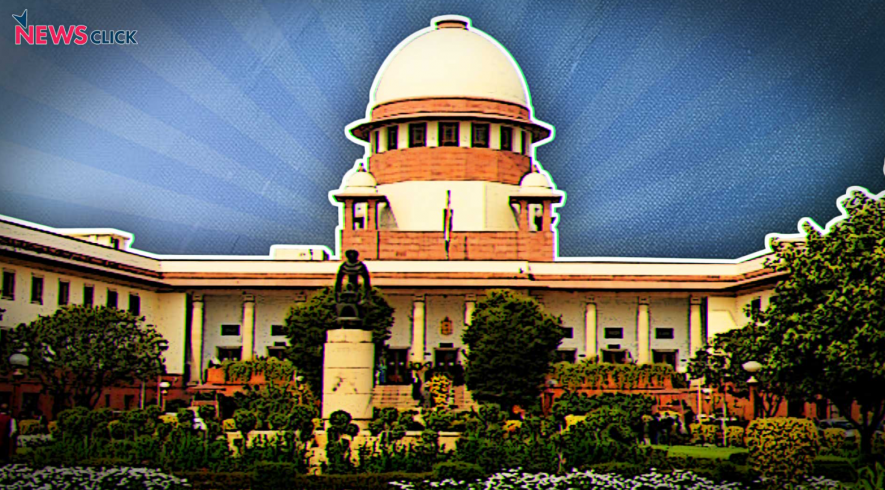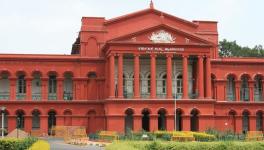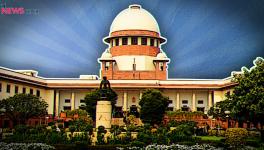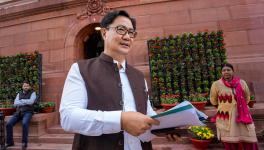Plea to ban Retired Judges in Political Positions for 2 Years

The Bombay Lawyers Association filed a plea in the Supreme Court (SC) seeking a cooling-off period of two years for apex court and High Court Judges before they are appointed to political positions like governorship post-retirement on Monday.
Besides, the Association also pleaded with the top court to request retiring Judges to not accept political appointments voluntarily for two years during the pendency of the petition.
Referring to the recent appointment of former SC Judge S Abdul Nazeer as Andhra Pradesh’s governor on February 12 as the reason for filing the case, the petitioner said that it aims to uphold “the independence of the judiciary, the rule of law and the principles of reasonableness” and “save the democratic principles and the basic aim and object of the Constitution”, LiveLaw reported.
Justice Nazeer’s appointment triggered the revival of the debate over post-retirement positions stepping from political patronage and whether it impacted the independence of the concerned Judge and the institution.
Justice Nazeer was a member of the Benches, which delivered the crucial judgements in the Babri Masjid-Ram Janmabhoomi case and the challenge against the 2016 demonetisation.
Filed through the Association’s founder-president Ahmad Mehdi Abdi, the petition alleged the violation of the Fundamental Rights enshrined in Articles 14, 19, and 21.
The plea also pointed out that the powers of the superior courts under Articles 32 and 226 to issue writs—to shield the intended beneficiaries of the provisions laying down fundamental rights from any infringement—have been consecrated as a part of the Constitution’s basic structure.
“Under Articles 32 and 226, the Supreme Court and the High Courts enforce the Fundamental Rights of the citizens as enshrined in Part III of the Constitution. Being foundations of the democratic edifice of Indian society, both these articles have been declared by the apex court as part of the basic structure of the Constitution,” the petition said.
Unless the citizenry perceives courts as independent and impartial and free from any kind of influence of the executive and any other form of economic, political and social considerations, the “enforcement of fundamental rights would remain dead letters”, it added.
It is clear that the executive isn’t “likely to bring any law prescribing a cooling-off period for retired Judges” before which they would be barred from accepting political appointments, the petitioner said.
Referring to many instances of retired Judges accepting political positions, the petition said: “The acceptance of political appointments by the Judges of this Court and High Courts after retirement without any cooling-off period is adversely affecting public perception of the independence of the judiciary.”
Justice Nazeer is the third retired Judge to be appointed to a high-profile political position since 2014. Retired Chief Justice P Sathasivam was appointed Kerala’s governor within five months of his retirement and retired Chief Justice of India (CJI) Ranjan Gogoi was nominated to the Rajya Sabha four months after demitting office, the Association said in the plea.
On the other hand, former CJI Mohammad Hidayatullah became the vice-president and acting President nine years after his tenure, the petitioner said stressing the need for a cooling-off period.
“An independent judiciary is responsible for upholding the rule of law, which is considered as a prerequisite for a democratic form of government. That is why the independence of the judiciary has been declared as part of the basic structure of the Constitution.”
The objective of the separation of power would be “defeated if Judges accept political appointments just after their retirement”, the plea added.
The petitioner accepted that there might not be any quid pro quo between the Judge receiving a post-retirement political position and the executive. Still, nevertheless, it erodes the public confidence in the independence of the judiciary.
“The post-retirement appointment of Judges may threaten or undermine judicial independence. This is because the government offers some Judges post-retirement employment. It is often feared that a Judge nearing retirement could decide cases in a manner that pleases the government to get a favourable post-retirement position.”
The petition questioned that if a Judge decides controversial and contested cases in the government’s favour and then accepts a post-retirement job, even if there is no quid pro quo, wouldn’t it lead to the public perception that the judiciary’s independence is compromised?
Get the latest reports & analysis with people's perspective on Protests, movements & deep analytical videos, discussions of the current affairs in your Telegram app. Subscribe to NewsClick's Telegram channel & get Real-Time updates on stories, as they get published on our website.
























